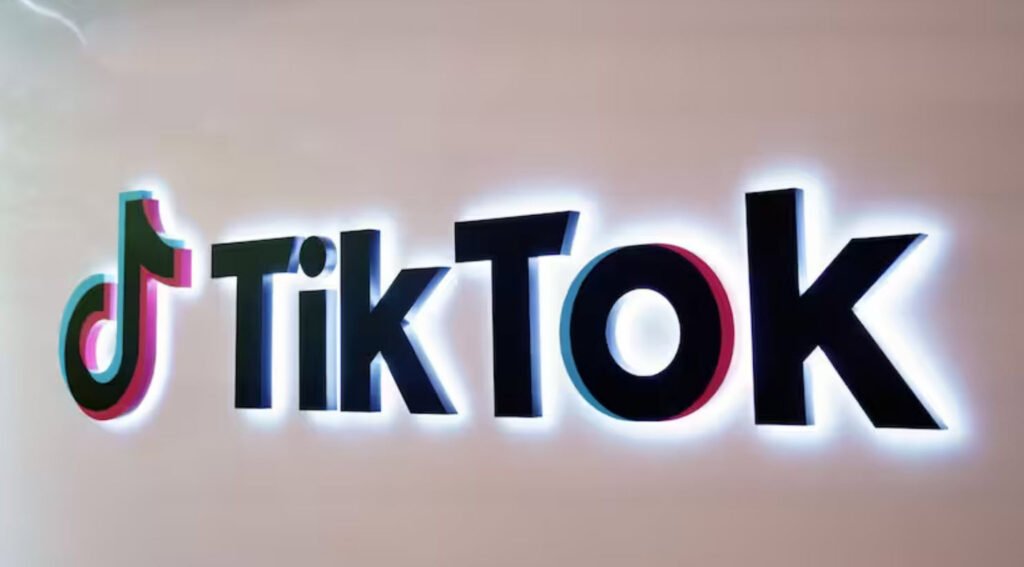
TikTok, the popular social media platform known for its short-form videos, is facing potential nationwide restrictions in the United States. The US House of Representatives recently passed a landmark bill that could lead to the app’s ban.
Here’s what you need to know:
The bill, known as the Protecting Americans From Foreign Adversary Controlled Applications Act, aims to address concerns about China’s influence over TikTok. Passed by an overwhelming bipartisan vote, the bill gives TikTok’s Chinese parent company, ByteDance, a six-month deadline to sell its controlling stake in the app. If ByteDance fails to comply, TikTok could be blocked in the US.
ByteDance, headquartered in Beijing, is subject to a national security law in China that requires it to share data with Chinese officials. This has raised alarm bells among US lawmakers who worry about the potential risks to national security. The fear is that sensitive user data from TikTok’s 150 million US users could be accessed by Chinese authorities.
Despite TikTok’s efforts to reassure regulators that it has implemented measures to protect user data, investigations have revealed vulnerabilities. A Wall Street Journal report in January highlighted that data sharing between TikTok in the US and ByteDance in China was still “porous.” Instances of ByteDance employees accessing journalists’ data further fueled concerns.
The bill’s passage in the House reflects bipartisan support for safeguarding American user data. Mike Gallagher, a Wisconsin Republican who co-authored the bill, emphasized that the US cannot risk having a dominant news platform controlled by a company beholden to the Chinese Communist Party. The bill aims to decrease the likelihood of TikTok user data being exploited by a hostile foreign adversary.
WATCH: @ericswalwell explains why he voted against the bill that could lead to a TikTok ban: "I don't like Republican bans on books, I don't like Republican bans on bodies, and I don't want anything that gets close to us having a ban on speech." pic.twitter.com/CfX5hDVQJJ
— All In with Chris Hayes (@allinwithchris) March 14, 2024
However, the bill’s fate now rests with the Senate. Senate Majority Leader Chuck Schumer has confirmed that the chamber will review the legislation. The outcome remains uncertain, especially given the recent stance of former President Donald Trump. During his term, Trump attempted to ban TikTok but later changed his position after meeting with Republican donor Jeff Yass, who reportedly owns a minor stake in ByteDance.
Not everyone supports the bill. Some House members, including Marjorie Taylor Greene, a Georgia Republican, have expressed concerns. Greene believes that the bill could set a precedent for Congress to force the sale of other corporations under the guise of protecting US data from foreign adversaries. Additionally, some Democrats worry that a TikTok ban could alienate the app’s youthful user base.
As the debate unfolds, the fate of TikTok in the US hangs in the balance. While the bill aims to address legitimate concerns about data security and foreign influence, its impact on the app’s millions of users remains a topic of contention. As the Senate reviews the legislation, the tech world watches closely to see whether TikTok will continue to thrive or face nationwide restrictions.
You may also like:- What is Happening in Bangladesh Right Now?
- India Sees Highest Suicides In The World – 12.4 Per 1,00,000 As Per National Data
- ANI Files Rs 2 Crore Defamation Suit Against Wikipedia
- Russian Artists Welcome PM Modi with Vibrant Dance in Moscow
- Indian Social Media Platform ‘Koo’, Which Was Once Termed as Twitter Alternative is Shutting Down
- 10 Most Controversial Exposes by WikiLeaks
- Belgian Prime Minister Alexander de Croo Announces Resignation Amidst Election Defeat
- Kangana Ranaut Slapped By CISF Woman Constable at Chandigarh Airport
- Save the Date – Narendra Modi’s Oath Ceremony Details Here!
- International Media on India’s Exit Polls









[…] bill aims to force TikTok’s parent company, ByteDance (a Chinese corporation), to either sell TikTok to a U.S. company within six months or face removal from U.S. app stores and web hosting services. This move has left […]
[…] in ensuring a truly “safe” space for its users. The regulator emphasized that certain TikTok challenges posed risks to minors and vulnerable […]